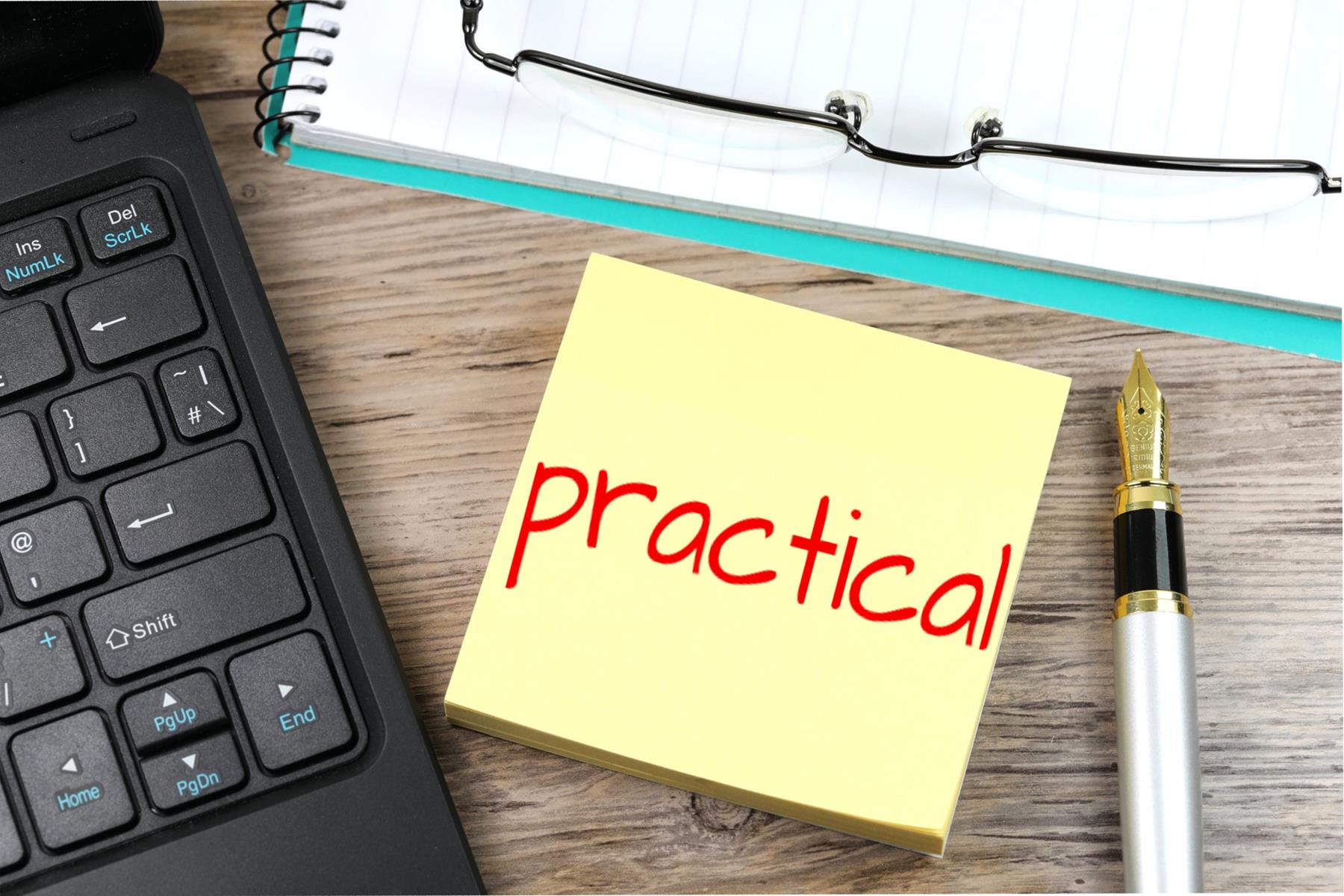In an era where societal discord frequently arises from racial and ethnic differences, the teachings of the Bahá’í Faith provide a transformative paradigm for promoting race unity. They emphasize the oneness of humanity, advocating for collective action predicated upon principles of equity, justice, and love. However, how do we tangibly manifest these ideals in daily life? What practical strategies might we deploy to transcend superficial interactions, and how can we deeply honor our shared humanity amidst challenges?
At the heart of Bahá’í teachings is the admonition that humanity is one. This principle, while simple in its articulation, presents a profound challenge when juxtaposed with the endemic prejudices that still pervade our societies. The first step entails a conscious acknowledgment of biases—both individual and systemic. For instance, holding honest discussions about race can often reveal ingrained stereotypes that we may not be aware of. It invites the question: how willing are we to confront discomfort in order to foster genuine connections?
Creating spaces for dialogue is essential. Bahá’í communities often engage in grassroots initiatives that encourage open discussions about race, culture, and social justice. These gatherings can take the form of workshops, study circles, or community forums, where individuals are invited to share their experiences and perspectives. By facilitating dialogue, we not only promote understanding but also cultivate an environment where diverse viewpoints are appreciated. The challenge, however, is ensuring that these conversations are inclusive and that all voices, particularly those marginalized, are amplified. Can we genuinely create a platform that embodies this inclusivity?
In conjunction with fostering dialogue, education serves as a powerful tool for promoting race unity. Within Bahá’í teachings, the pursuit of knowledge is paramount. Educational programs that incorporate the history and contributions of various racial and ethnic groups can dismantle stereotypes and foster appreciation for diversity. Schools and community organizations can partner to create curricula that reflect a diverse tapestry of narratives. Yet, this endeavor begs the question: how can we balance educational content to include the multifaceted experiences of all groups without sidelining crucial historical contexts?
Encouraging acts of service is another vital component to advancing race unity. Service projects that address social inequities, such as organizing food drives or community clean-up campaigns, can serve as a microcosm for cooperation among diverse groups. Participants from varied backgrounds come together with a common purpose, transcending individual differences for the greater good. However, it is essential to approach such initiatives with a spirit of humility and respect. It raises a pivotal inquiry: how can we ensure that we are not merely acting as “saviors” but rather as collaborators in the journey towards justice and unity?
Additionally, the role of art and culture in promoting race unity cannot be overstated. The Bahá’í Faith recognizes the potency of the arts as a means of expression that can bridge divides. Artistic endeavors—be it music, visual art, or performance—can celebrate the richness of different cultures and encourage empathy. This multifarious expression invites individuals to engage with experiences beyond their own, potentially leading to deeper emotional connections. Yet, the challenge lies in creating art that resonates authentically across diverse audiences. How can artists ensure their work fosters inclusivity while navigating the risks of cultural appropriation?
The practice of prayer and meditation within diverse communities also serves as a unifying force. Engaging in communal prayers or reflection sessions allows individuals to connect on a spiritual level, transcending the barriers that often divide us. This spiritual convergence can foster a collective identity rooted in devotion to service and love. Yet, what happens when different spiritual practices collide? How do we navigate potential cultural misunderstandings while honoring the sacredness of each tradition?
Furthermore, advocating for policy changes within local and national governance is imperative. Bahá’í teachings emphasize the importance of justice in building a more equitable society. Engaging with local representatives on issues pertaining to race and justice can catalyze systemic change. Organizing advocacy efforts—aiding in voter registration drives or supporting anti-discrimination legislation—can empower communities to take charge of their destinies. However, the question remains: how do we engage in political action without succumbing to partisanship, ensuring a united front for the betterment of all?
Ultimately, the promotion of race unity is a multifaceted endeavor that requires persistent effort, emotional stamina, and a commitment to personal growth. Bahá’í teachings provide a comprehensive framework for individuals and communities to engage in these efforts thoughtfully. As we navigate the complexities of racial and ethnic disparities, it is essential to approach the discourse with a sense of curiosity and an open heart.
The path to race unity is neither linear nor devoid of challenges. Yet, with intention and a collective commitment to the principles of love and justice, we can forge a future where diversity is celebrated as a strength rather than a point of division. Will we champion this cause and embrace the joyous potential that comes from our shared humanity? In fostering a culture that prioritizes race unity, we not only honor our individual identities but also uplift the collective spirit, allowing the beauty of diversity to shine through the tapestry of humanity.
